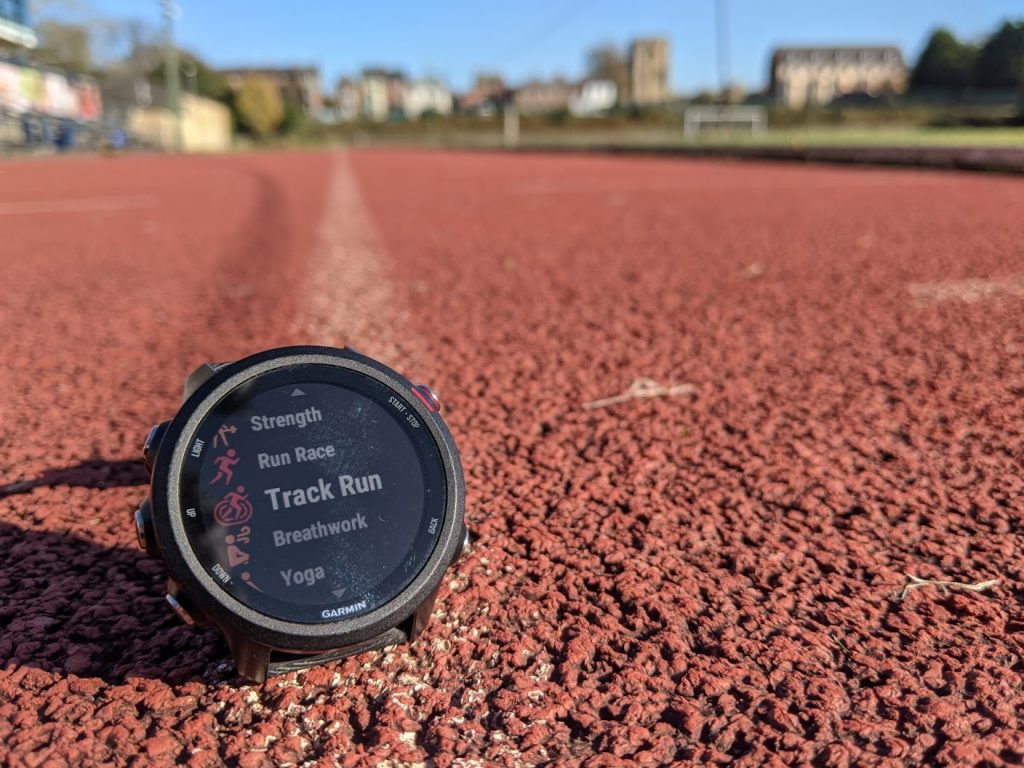The world can change so much in a week. The UK went back into lock down. Joe Biden was elected president along with Kamala Harris as the first woman of colour, to become vice president. Drug reform was a unifying force across US elections, while the comparatively progressive New Zealand legalised euthanasia but not marijuana.
I read a book and watched a movie, both set in (different) dystopias.
Dystopian Science Fiction
…as with most of the future worlds in science fiction you’re not talking about the future you’re talking about the present.
Alan Moore – author of comic books Watchmen and V for Vendetta
Brave New World
For a novel that is 88 years old, the future imagined by Aldous Huxley in Brave New World feels remarkably relevant. Soma feels prescient in a world with ever increasing prescriptions of anti-depressants and an opioid epidemic. It poses a question that I have yet to resolve: how to choose if it is better to live a happy and comfortable life, or to suffer in the name of a good cause?
V for Vendetta
On the 5th of November, the start of the UK’s second lockdown, I watched the film adaptation of Alan Moore’s comic series V for Vendetta. Some plot elements felt eerily familiar in the context of a US Presidential election during a global pandemic. As a “Bush-era parable” (see quote below), I found the undertones of the 9/11 Truth movement unpalatable, whilst the reminder of the threat of fascism felt necessary given a US president with a fondness for white supremacists. Valerie’s letter made me cry (for the third time).
[The movie] has been “turned into a Bush-era parable by people too timid to set a political satire in their own country. … It’s a thwarted and frustrated and largely impotent American liberal fantasy of someone with American liberal values standing up against a state run by neoconservatives – which is not what the comic V for Vendetta was about. It was about fascism, it was about anarchy, it was about England.Alan Moore on the film adaptation of his comic book V for Vendetta

